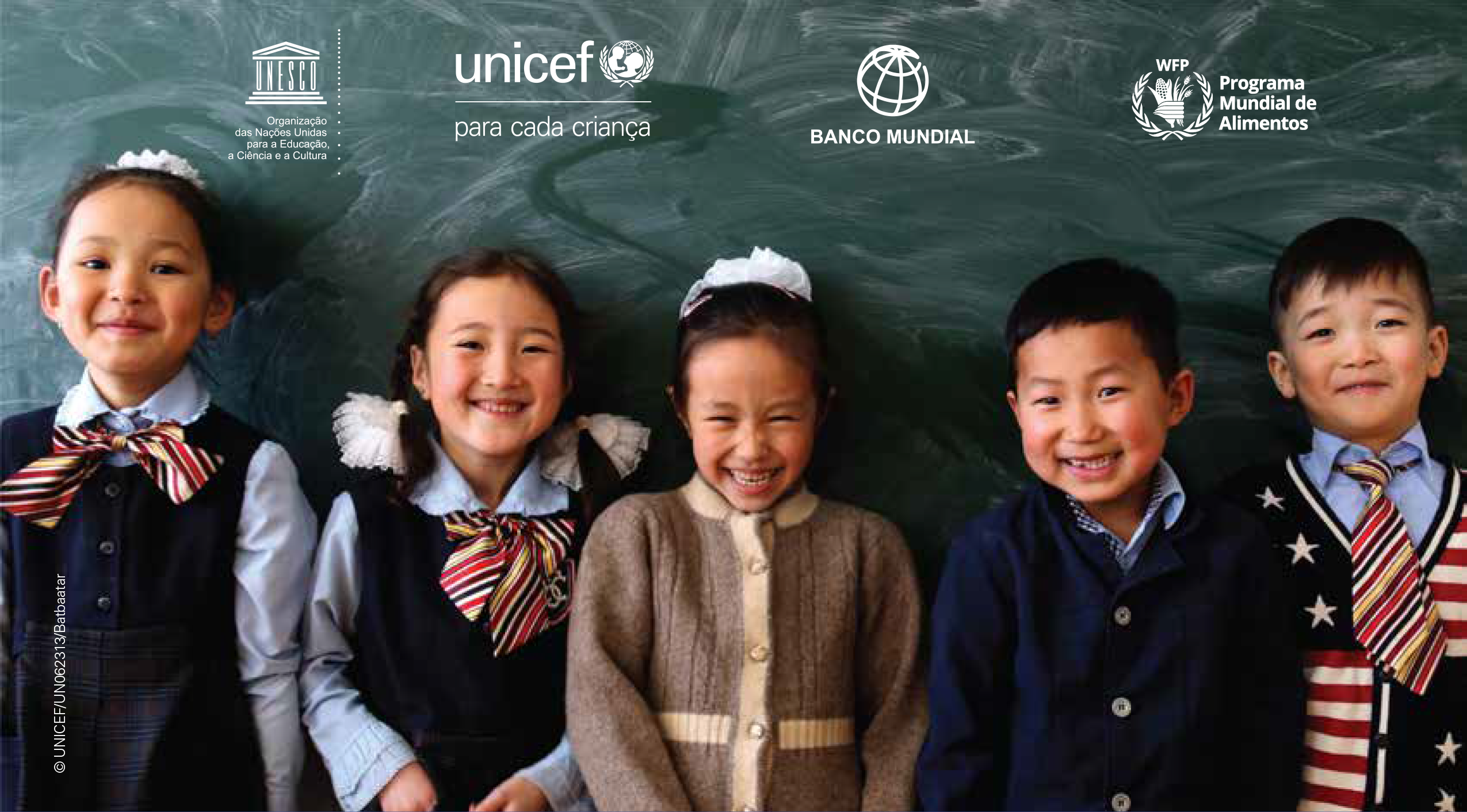
According to the WFP’s global monitoring of COVID-19 school closures, around 110 countries are still adopting school closure measures and 240 million students are not receiving school meals. In Brazil, more than 40 million students that relied on the free school meals offered by the public education network were unable to access these meals at school at some point in 2020.
Governments and school managers, however, have been working to create and implement new guidelines to operate school feeding programmes under pandemic restrictions. Many countries, including Brazil, have already adopted measures to mitigate the effects class suspensions had on students and their families, including the distribution of food baskets and providing meals safely within schools that resumed their activities.
The Brazilian National School Feeding Programme (PNAE), which reaches more than 40 million students, has been through many adaptations to continue providing food during the school closure period. Moreover, changes were also carried out to keep the offer of nutritious meals within safety protocols. This video, produced by the Brazilian government, announces the launch of a Back to School Guide to Food and Nutrition Security, aimed at local managers. The guide (in Portuguese) may be accessed here.
In April 2020, the PNAE had already published Implementing the Brazilian National School Feeding Programme during the COVID-19 Pandemic, with guidelines for distributing food baskets to students who were watching online classes at home. Moreover, the WFP Centre of Excellence library has a few other publications that may help managers and government staff to adapt their school feeding programmes to cover local needs:
School feeding and Social Protection in Brazil during the COVID-19 Pandemic – The publication presents actions that were adopted in Brazilian states and municipalities to maintain the distribution of school feeding during the crisis. Click here >>
School feeding in times of COVID-19: what can governments do? – To ensure the continuity of school feeding initiatives, many countries adapted their programmes. Changes include from reviewing benefits allocated per child/family to redesigning distribution modalities to offer baskets or cash transfers. Click here >>
Framework for action and recommendations for the reopening of schools – A joint publication by WFP, UNESCO, UNICEF and World Bank that presents guidelines for reopening schools and activities to be carried out before, during and after the process of reopening. Click here >>




